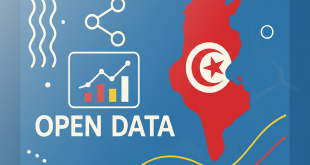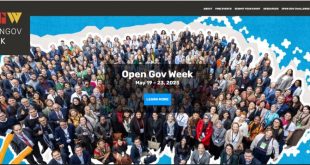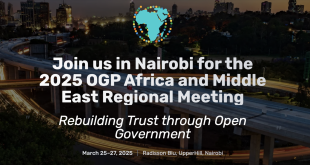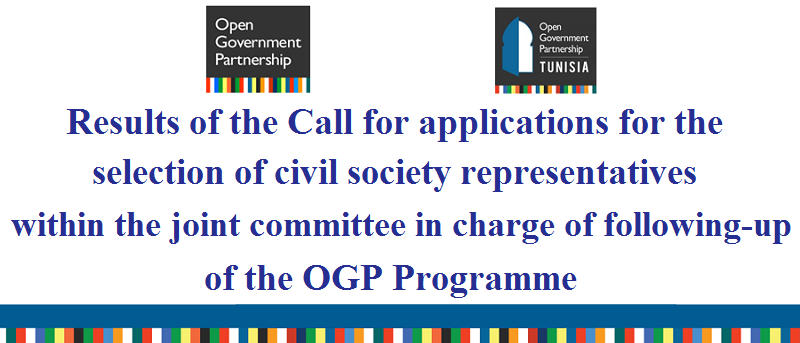
Within the framework of the elaboration of the 4th OGP national action plan, the current steering commettee decided to renew the composition of the joint committee in charge of following up of the OGP programme, in a similar approach to what was done in the previous action plans and with the expanxion of the perimeters stakeholders invovled in this area.
Regarding the selection of the civil society representatives, whose number will be 10 members, similar to representatives of public institutions, a call for application has been made to announce the submission of candidatures in order to enhance the transparency of the process of establishing this committee in addition to the expansion the perimeter of stakeholders involved in this initiative.
Several ICT tools have been used to publich and manage the call for applications, specifically the national portal for e-participation «www.e-participation.tn».as well as the Open Government Partnership website in Tunisia: «www.ogptunisie.gov.tn» and the initiative’s Facebook page in Tunisia.
A deadline of 05 weeks has also been set aside to enable participants to submit their candidacies from 09 October to 06 November 2020.
This call has been oriented to the various components of civil society in accordance with the standard adopted within the framework of the Open Government Partnership Initiative, namely:
- Tunisian associations and NGOs in Tunisia,
- Academic sector,
- Private sector.
In embodiment of the principles of open government, namely transparency, public participation and accountability, an independant committee has been established to study and select civil society representatives within the joint committee. This committee included four members from the independent public authorities interfering in the field of open government, as follows:
- Acting President of the Access to Information Authority,
- President of the National Anti-Corruption Authority,
- President of the National Authority for Personal Data Protection,
- President of the High Authority of Local Finance.
This committee examined the 45 different applications. It also established the criteria that will be adopted to select civil society representatives according to the following distribution:
- Eight (08) representatives of Tunisian associations and NGOs,
- A representative (01) of the academic sector,
- A representative of (01) the private sector.
The criteria and points assigned to each of them are as follows:
- Belonging to a component of civil society, or working in the private sector, and submitting a set of documents and information that prove his current situation. 25 points has been assigned to this criterion.
- Participation of the candidate in activities related to one of the fields related to establishing open government, and he must submit a number of detailed, related documents. And 25 points has been assigned to this criterion.
- The candidate should submit a project that he will participate in as part of the support for the process of preparing and implementing the fourth OGP national action plan. 50 points has been attributed to this criterion given its impact on the process of drafting and implementing this plan. The project or idea reflects the importance of the contribution that the candidate will participate in and his explicit commitment to making an addition that is compatible with the field of open government.
Based on these criteria, the committee sorted the applications over three sessions.
Indeed, in a first stage, a preliminary review was carried out according to the categories of the candidates or their characteristic (civil society, private sector, academic sector). In this context, the candidates were divided into three groups as follows:
- 02 candidates from the private sector,
- 04 candidates from the academic sector,
- 39 are civil society candidates.
In a second stage, applications have been studied according to each category separately (academic sector / private sector – associations and NGOs). With an agreement that the membership specified by 10 members will be distributed as follows:
- 08 members seelcted to represent associations and NGOs,
- 01 member to represent the academic sector,
- 01 mmember to represent the private sector.
In this regard, the committee examined the private sector candidancies, and selected one candidate. After then, it studied the academic sector candidancies , so that one woman has been selected. The committee’s work continued with regard to the eight candidates to be selected as representatives of associations and NGOs.
As a result of this sorting, 16 of the 39 nominations have been adopted for this category of candidates (associations and NGOs).
The final selection process resulted in a final list of civil society representatives:
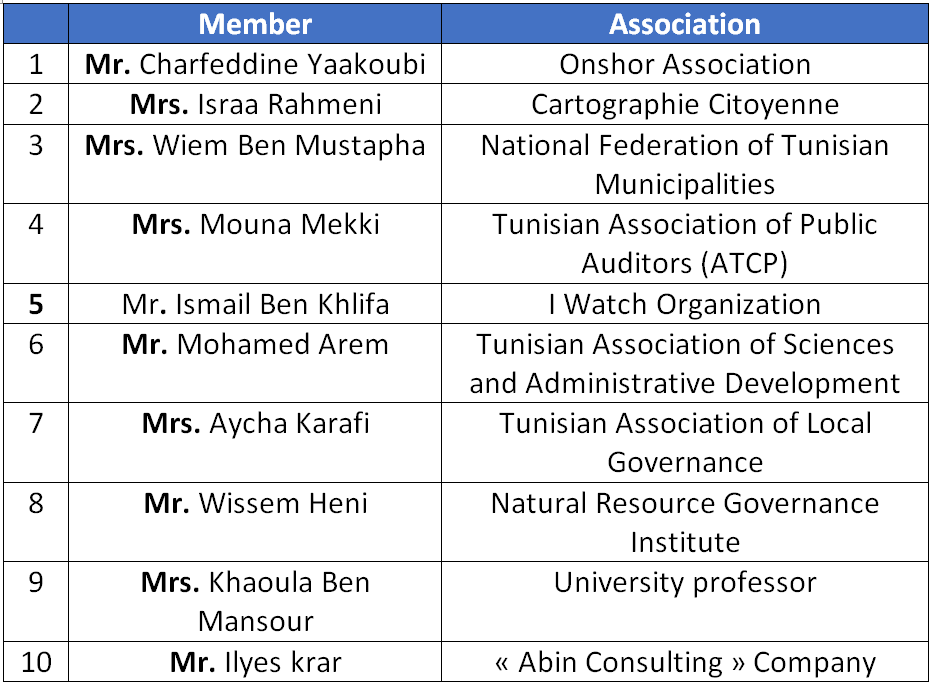
 Open Government Partnership – Tunisie Just another WordPress site
Open Government Partnership – Tunisie Just another WordPress site
